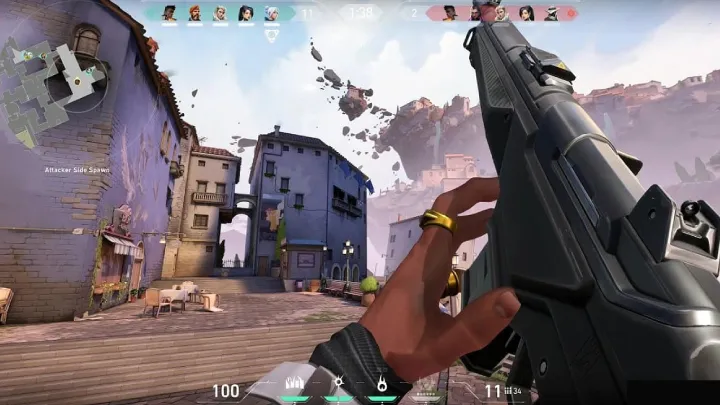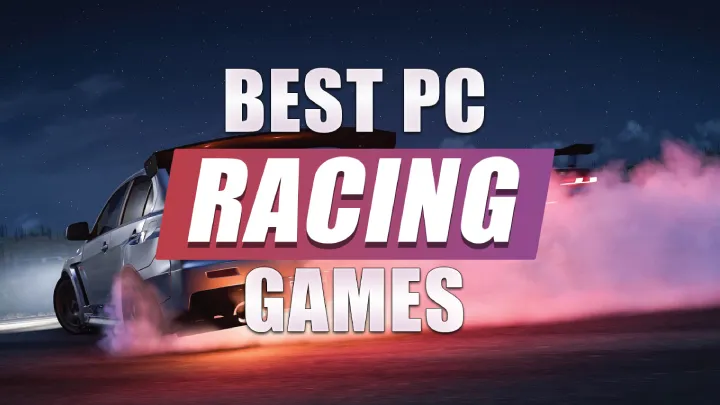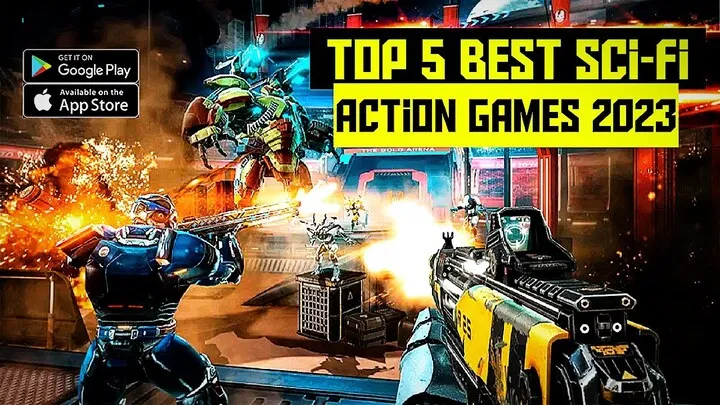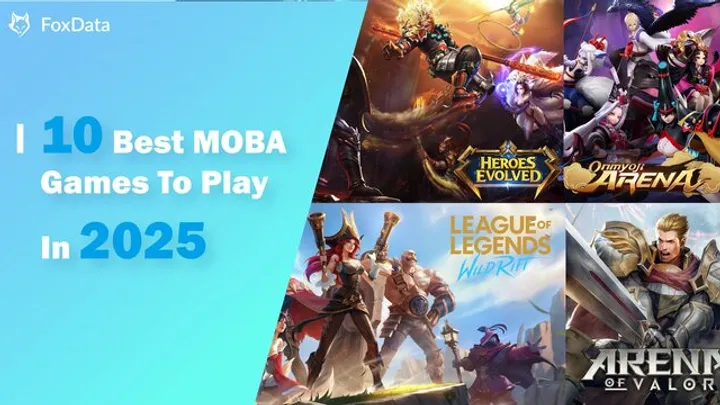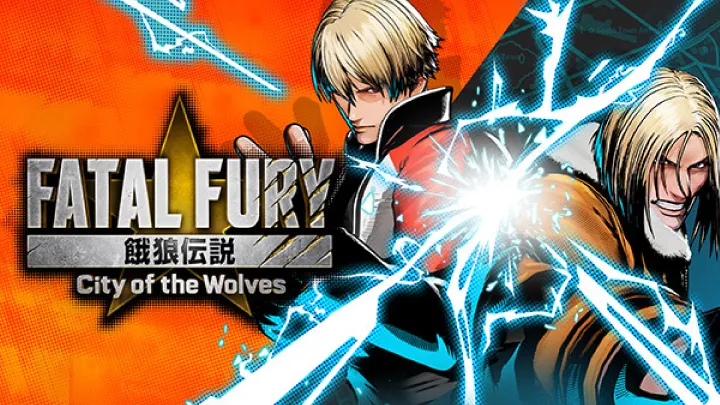Understanding the Basics of Valorant
What is Valorant?
Game Modes Overview
- Unrated: The standard mode where teams compete to win 13 rounds. The first team to reach this goal wins the match.
- Spike Rush: A fast-paced mode where players start with random abilities and weapons, aiming to win 4 rounds.
- Competitive: Similar to Unrated but with a ranking system that places players in tiers based on their skill level.
- Deathmatch: A free-for-all mode where players compete to get the most kills within a time limit, allowing them to practice aim and mechanics.
Choosing Your Agent
Understanding Agent Roles
- Duelists: Aggressive agents who excel in getting kills. Examples include Jett and Reyna.
- Controllers: Agents who can manipulate the battlefield with smoke and area denial. Omen and Viper are prime examples.
- Sentinels: Defensive agents focused on supporting teammates and holding angles. Sage and Cypher are popular choices.
- Initiators: Agents designed to break through defenses and create opportunities for teammates. Sova and Breach fit this role.
Finding Your Playstyle
- Experiment: Play different agents in casual matches to discover which roles and abilities suit you best.
- Watch Professional Play: Observe how professional players utilize different agents to learn effective strategies.
Mastering the Maps
Map Awareness
- Callouts: Learn the names of key locations on each map to communicate effectively with your team.
- Common Angles: Understand where players typically hide or engage from, allowing you to anticipate enemy movements.
Key Maps to Know
- Bind: Known for its teleporters, which can quickly change the flow of engagements.
- Haven: Features three bomb sites, requiring teams to be more vigilant and strategic.
- Split: Emphasizes verticality, making it important to control high ground.
Gunplay Fundamentals
Understanding Weapons
- Rifles: The Vandal and Phantom are the go-to weapons for most players due to their balance of damage and accuracy.
- SMGs: Weapons like the Stinger and Spectre are effective for close-range encounters.
- Sniper Rifles: The Operator is a one-shot kill weapon that requires precision and good positioning.
Shooting Mechanics
- Crosshair Placement: Always aim at head level to increase your chances of landing headshots.
- Spray Control: Learn the recoil patterns of your weapons and practice controlling them in the shooting range.
Utilizing Abilities
Importance of Abilities
- Timing: Use abilities at the right moment to disrupt enemy plans or support teammates.
- Communication: Inform your team when you’re using abilities, especially those that can affect the entire team.
Ability Synergy
- Sova + Breach: Sova's recon abilities can be complemented by Breach's flash and entry capabilities.
- Phoenix + Sage: Phoenix can initiate fights while Sage provides healing and support.
Communication and Teamwork
Effective Communication
- Use Voice Chat: Callouts, strategies, and enemy positions should be communicated clearly with your team.
- Ping System: Use the ping system to quickly convey information about enemy locations or item pickups.
Building Team Cohesion
- Support Your Teammates: Play to your teammates' strengths and provide assistance when needed.
- Stay Positive: Maintain a positive attitude, even during challenging games, to keep morale high.
Adapting Your Strategy
Reading the Game
- Map Control: Assess which areas are under control and adjust your team's positioning accordingly.
- Enemy Economy: Pay attention to the enemy's economy to predict their buying patterns and adapt your strategy.
When to Save or Force Buy
- Saving: If your team is low on credits, it’s often better to save for a full buy in the next round.
- Force Buying: If the situation demands it, consider force buying in hopes of turning the tide, especially if you’re on a losing streak.
Mastering the Economy
Understanding Credits
- Earning Credits: Players earn credits through kills, planting or defusing the Spike, and winning rounds.
- Buying Weapons and Abilities: Spend credits wisely to purchase weapons and abilities that suit your strategy.
Managing Your Economy
- Team Coordination: Ensure your team is on the same page regarding when to buy and when to save.
- Avoid Wasting Credits: Don’t buy unnecessary items; instead, focus on what you need for the upcoming round.
Learning from Mistakes
Analyzing Your Gameplay
- Identify Mistakes: Recognize any errors you made, whether in positioning, decision-making, or team fights.
- Watch Replays: Utilize the replay feature to review your gameplay and learn from your mistakes.
Continuous Improvement
- Stay Updated: Keep an eye on patch notes for changes to agents, weapons, and gameplay mechanics.
- Practice Regularly: Spend time in practice modes to refine your skills and try out new agents.
Conclusion
